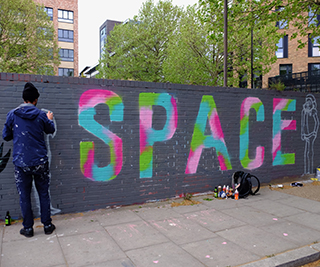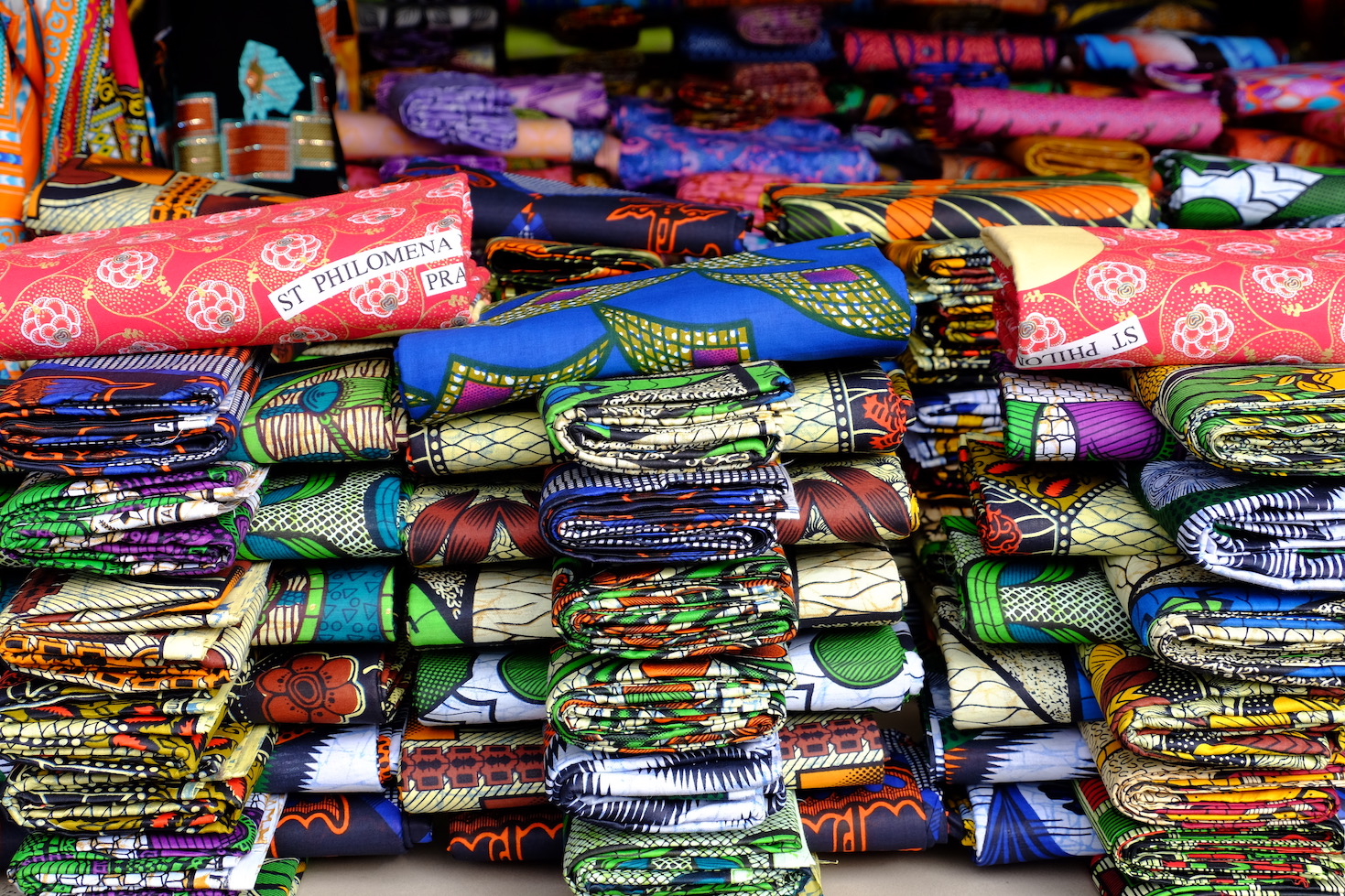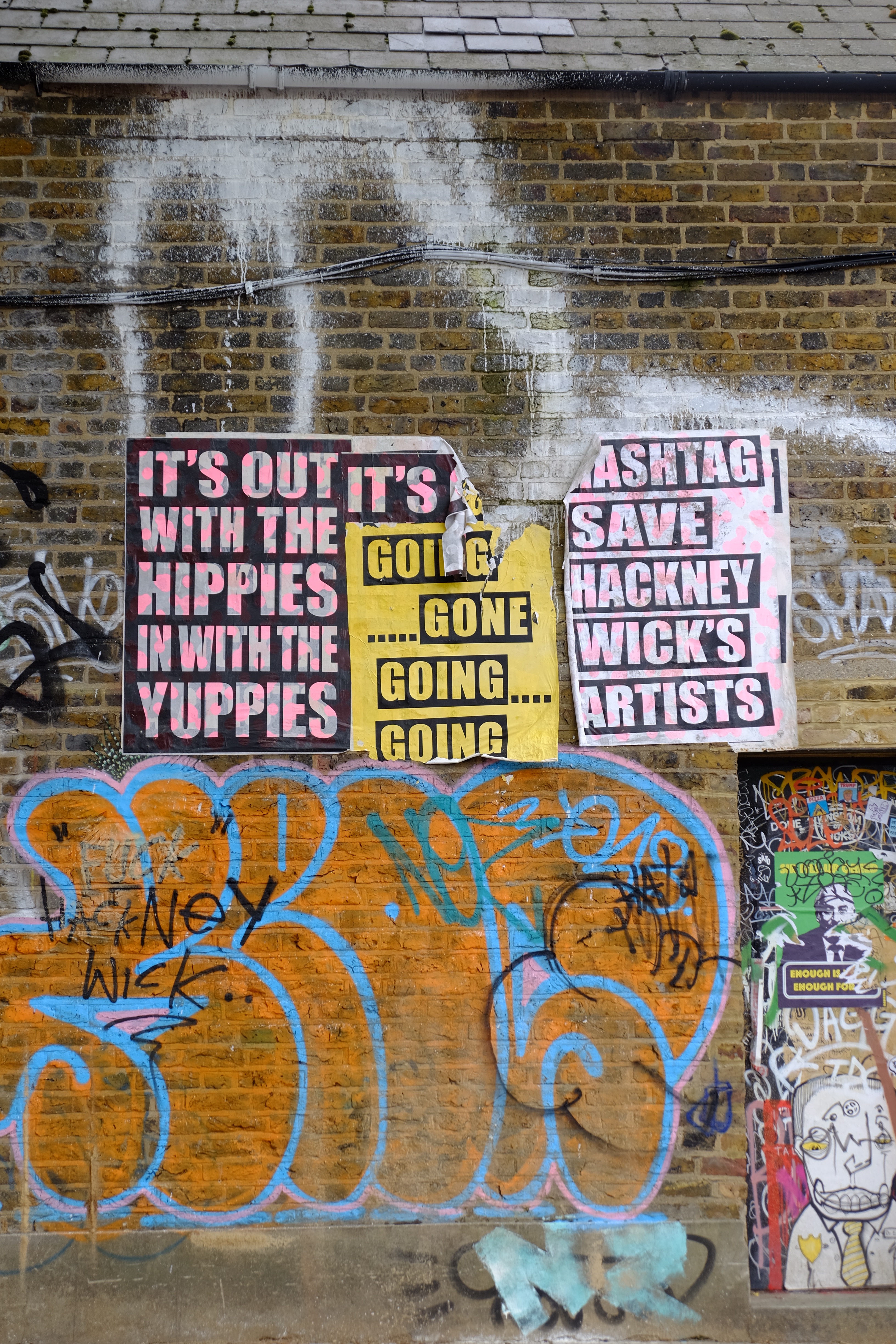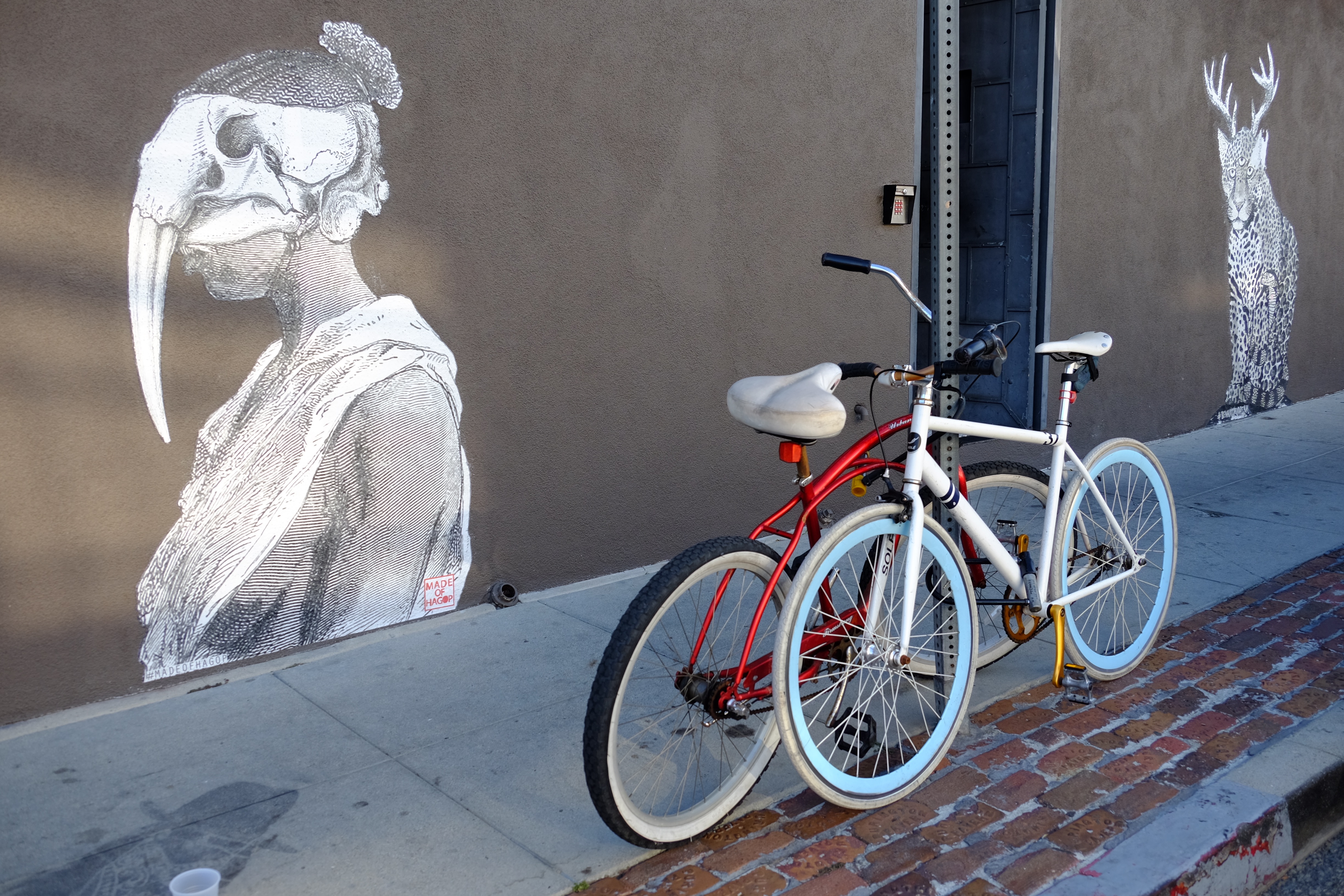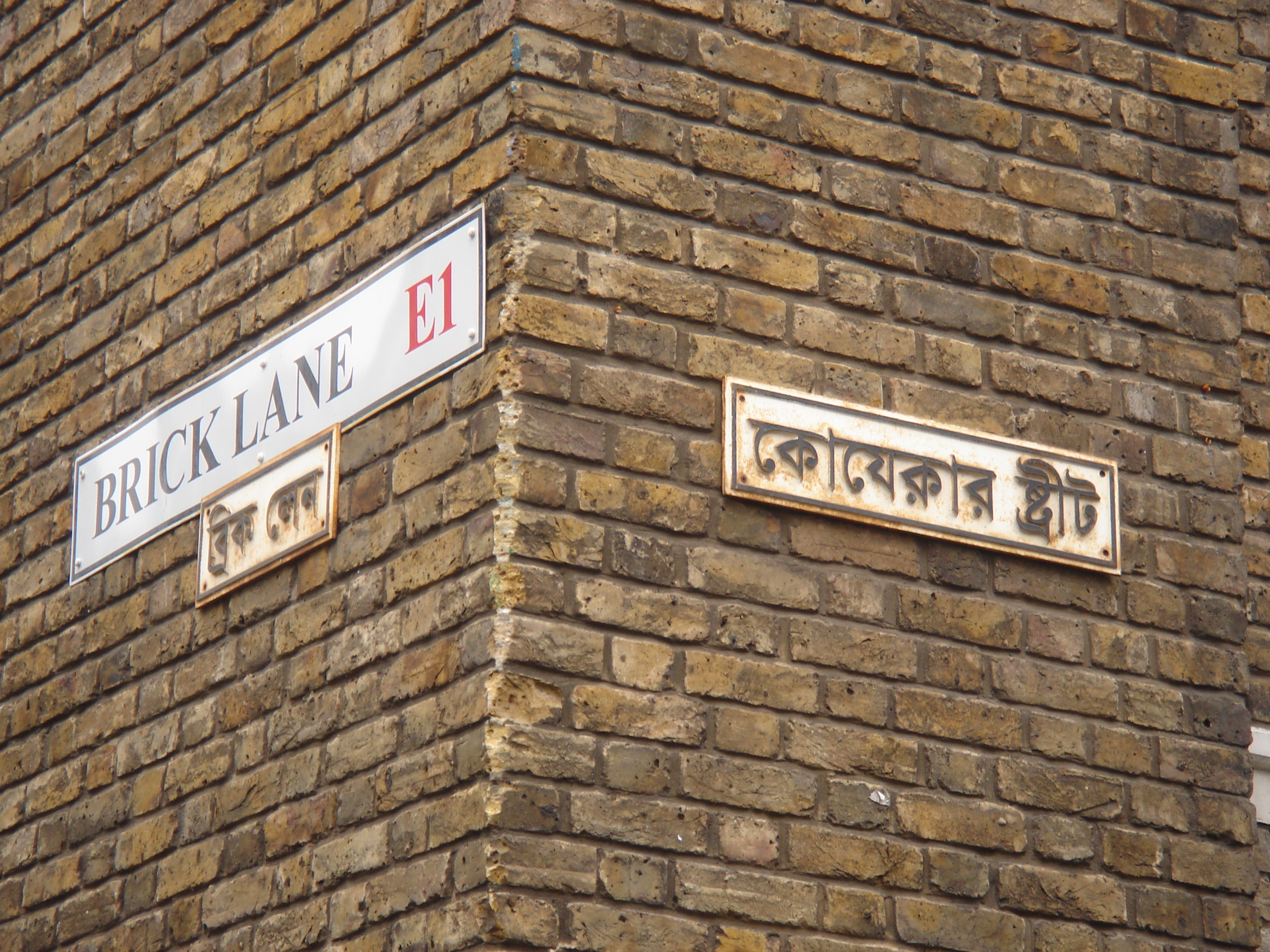Join us for a discussion on what our urban futures might look and feel like, featuring case studies from around the world (https://bloomsburyfestival.org.uk/event/envisioning-urban-futures/).
Tag: London
New article on the lived experience of multicultural cities
(2019) Becoming ‘ghosts’: recalling the impact of urban change on the lived experience of multiculture. Ethnic & Racial Studies, 42 (3): 387-394.
This review focuses on the contributions of Neal et al.’s book Lived Experiences of Multiculture. I examine their focus on the implications of place in encounter, and their reference to the importance of competencies and reflexivity. While much has been written on these fields, their granular ethnography reveals points of conviviality in the grounded socio-spatial relations of diversity in sites that blur the boundaries between public and private: parks, chain cafes, leisure groups, and schools. However, while spaces of hopeful encounter clearly exist, the complexity and pain of these processes and the power relations that underpin them, particularly under conditions of urban transformation, require further exploration. Therefore, I would argue for an extension of this work to incorporate an account of belonging that allows for the impacts of urban transformation, the power relations inherent in these processes, the need for more interdisciplinary engagement in the field of intercultural competence, and the need to ensure our analysis of diversity and encounter does not stray too far from a focus on conflict.
Urban Change: exploring urban transformation in film, television and media studies
Presenting on the CHASH project at the second biennial research workshop organised by Birkbeck Institute for the Moving Image (BIMI) and Film Studies at the University of Pittsburgh (Wednesday 10 May to Friday 12 May 2017).
https://www.eventbrite.co.uk/e/urban-change-current-research-in-film-television-and-media-studies-tickets-33888045055
“Urban Change” pursues the broad theme of cinema and the city, while addressing more precisely how moving image culture – in all its changing forms and formats, both aesthetically and technologically speaking – has responded and continues to react to the ongoing economic, social and political transformation of urban environments. These environments are understood as physical spaces but also as places to live, work, love and play, both individually and in terms of interpersonal and community relationships. While the cities of Pittsburgh and London remain significant topics for exploration, the geographical and historical coordinates of this workshop are entirely open, and participants will be exploring urban contexts and examples drawn from France, Algeria, Canada, India, Russia, Japan, Hong Kong, Denmark and Sweden.
The workshop is open to all, and we will be especially happy to welcome students and researchers working across the range of research areas and disciplines that BIMI is committed to representing as part of its mission: Film and Media, English, History of Art, Languages, Law, History, Philosophy, Politics, Geography, Psychosocial Studies, Applied Linguistics, and Psychological Sciences.
New publications from the Creating Hackney as Home project
Two new publications from the Creating Hackney as Home project are now available online:
Spatial dislocation and affective displacement: youth perspectives on gentrification in London
Going public? Re-thinking visibility, ethics and recognition through participatory research praxis.
Ethnographic Encounters
A one day colloquium at Birkbeck focusing on ethnography as a tool to understand the complexity of urban social life under conditions of hyper-diversity.
http://www.bbk.ac.uk/bisr/events/events/bbk-local?uid=0583f7df75774126845d19c8f64f0d9b
